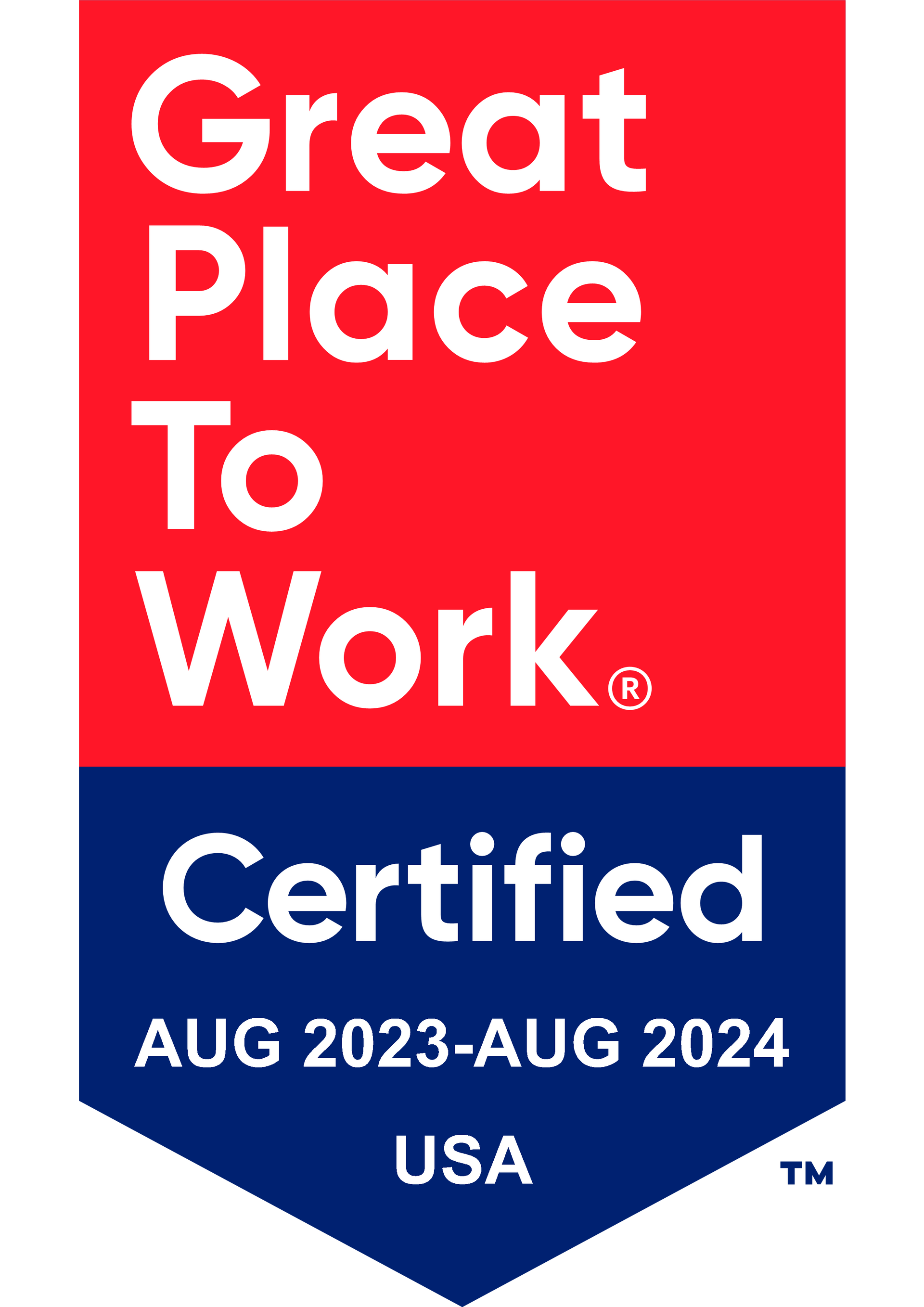Get in touch
408-366-8880
mymail@mailservice.com

401(k) Survey Questions to Gauge Employee Satisfaction

Offering a 401(k) plan is a major component of an employer’s benefits package, but simply providing one isn’t enough. To truly support employees’ long-term financial wellness and encourage meaningful participation, employers must understand how satisfied employees are with the plan — and more importantly, why.
One of the most effective ways to do that is through an employee satisfaction survey. By tailoring your survey questions to reflect employees’ concerns, confusion, and priorities, you can gather actionable insights to refine your plan offerings and communication strategy.
Here’s how to design thoughtful survey questions based on the most common concerns employees have about their 401(k) plans — and how to interpret their feedback.
1. Do Employees Know What They’re Enrolling In?
Employee concern: What is a 401(k), and how does it work?
Survey questions:
- How confident do you feel in your understanding of how the 401(k) plan works?
- Do you feel the company has provided adequate resources to help you understand the 401(k) plan?
Why ask: If many employees report low understanding, it may signal the need for improved onboarding materials, workshops, or one-on-one sessions with financial advisors.
2. The Employer’s Role: Are Contributions and Match Clear?
Employee concern: What is my company’s role in my 401(k), and how does the match work?
Survey questions:
- How satisfied are you with the employer match offered in your 401(k) plan?
- Do you fully understand how the employer match is calculated and applied?
Why ask: Confusion about matching contributions can lead to under-utilization of the benefit. If clarity is lacking, enhance your benefits communication or provide real-life match scenarios.
3. How Does the Plan Stack Up?
Employee concern: Are all 401(k) plans the same?
Survey questions:
- How would you rate the overall competitiveness of our 401(k) plan compared to your previous job’s offering or the offering of other jobs you’ve previously been offered?
- Which features of the plan are most valuable to you? (Select all that apply: generous match, low fees, automatic enrollment, immediate vesting, etc.)
Why ask: This feedback helps identify which plan features resonate most with your workforce and where your benefits may fall short against competitors.
4. Is It Easy to Get Started?
Employee concern: When can I start contributing?
Survey questions:
- How satisfied were you with the timeline for enrolling in the 401(k) plan after joining the company?
- Was the enrollment process clear and easy to complete?
Why ask: A lengthy or confusing enrollment process may deter participation. If dissatisfaction is high, it may be worth reviewing your onboarding or eligibility waiting periods.
5. Are Employees Saving Enough — and Do They Know It?
Employee concern: How much should I contribute, and how often?
Survey questions:
- How confident are you that you're contributing enough to meet your retirement goals?
- Would you find it helpful if we offered personalized guidance on how much to contribute?
Why ask: Employees often feel unsure about their savings rate. Offering financial tools or advisory services could bridge this gap and boost satisfaction.
6. Are Employees Informed About Opportunities?
Employee concern: What’s the maximum I can contribute?
Survey questions:
- Are you aware of the annual IRS contribution limits for 401(k) plans?
- Would you like more communication around maximizing your contributions?
Why ask: High-income or older employees may want to contribute more than the default. Ensuring they’re informed helps them plan more effectively.
7. Withdrawal Rules: Are Employees Aware of the Rules and Penalties?
Employee concern: When can I access my money without penalties?
Survey questions:
- Do you understand the rules around withdrawing money from your 401(k)?
- Would you benefit from educational materials or sessions about retirement withdrawal strategies?
Why ask: A lack of awareness around withdrawal penalties and timelines can lead to poor decision-making or dissatisfaction. Education can help set clear expectations.
8. Plan Consolidation: Are Employees Managing Multiple Accounts?
Employee concern: Can I have multiple 401(k) plans? Should I consolidate?
Survey questions:
- Do you have retirement savings in more than one account (e.g., old 401(k)s or IRAs)?
- Would you be interested in services to help consolidate or manage multiple retirement accounts?
Why ask: Many employees struggle with scattered savings. Supporting rollover or consolidation can improve their financial clarity — and your retention rates.
Final Thoughts
Designing a 401(k) survey that reflects real employee concerns allows HR and benefits teams to move from assumption to action. The questions above are crafted to uncover blind spots, highlight strengths, and identify specific areas for improvement — whether it’s boosting clarity, enhancing match policies, or simplifying plan features.
Remember, the goal is not just to offer a 401(k) plan, but to make it a valued and effective part of your employees’ financial future. Ask the right questions, and you’ll get the answers you need to build a stronger, smarter retirement benefits offering.
Services
Latest Thinking



